Data Science and BigData are as different as chalk and cheese can be. However, both do have an overlap in terms of usage. Meaning, Data Science is based on Big Data. The large volumes of Big Data are used to perform analysis along with data cleansing, data wrangling, and report generation in the field of Data Science. At the same time, the Big Data has no appropriate use, if Data Science is subtracted from the equation. For the best online Data Science courses, we recommend H2K Infosys.
What is Big Data?
Big Data comprises – structured, semi-structured, and unstructured forms of data.
- Structured Data – Data stored in a formatted repository such as RDBMS, OLTP, transaction data, and other structured data.
- Semi-Structured Data – Text files, logs, XML files
- Unstructured Data – social media posts, emails, blogs, audio clips, videos, mobile data, etc.
Handling this data is no easy task. Traditional databases can by no means store this humungous amount of data. We not talking about terabytes or petabytes of data but over 40 zettabytes of data.
Based on the properties of Big Data, it is defined by 5 Vs in the following manner
Volume – This is the data that is growing bigger and bigger every second.
Velocity – Due to the various web applications, data is generated at a very fast pace. For instance, 243,000 photos are uploaded every minute on Facebook.
Veracity – Not all data thus collected is clean and complete. Veracity refers to the actuality of the data.
Variety – The data collected from different sources are different. Big Data contains a wide range of files.
Value – This data has value. It is not something to dismiss or discarded.
What is Data Science?
Data Science is the amalgamation of Mathematical/statistical approach coupled with programming techniques and domain expertise. Data Science is all about making meaning full interpretations from the Big Data.
Data Science has played a game-changing role of late. It has helped various businesses to achieve
- Cost reduction
- New Market performance prediction
- Tapping a separate demographic
- Measuring the effectiveness of marketing campaigns
Irrespective of the industry, Data Science has a major role to play.
To pursue Data Science and Analytics training, consider H2K Infosys. We offer, live, instructor-led training with lifetime access to classroom recordings.
What are the key differences between Big Data and Data Science?
Listed below are the key differences between both the technologies:
- Meaning
Big Data – This refers to the colossal amount of data being available every second
Data Science – This is a scientific activity conducted on Big Data
- Concept
Big Data – Heterogeneous data collected from various sources.
Data Science – This is a niche that involves the application of various scientific programming tools, algorithms.
Helps organizations in decision making
- Application Areas
Big Data –
- Financial Services
- Telecom
- Healthcare
- Sports
- Performance optimization
Data Science –
- Internet Search
- Fraud, risk detection
- Web Development
- Recommendation systems
- Image/Speech/Facial recognition
- Approach
Big Data –
- Gain competitiveness
- Gain business acumen
- Set realistic targets and ROI
- Develop sustainability
- Attract more customers
Data Science –
- Mathematical/Statistical, programming tools
- State-of-the-art techniques/algorithms for data mining
- Programming skills – SQL, Hadoop, etc
- Sources
Big Data – Internet, emails, spreadsheets, Discussion forums, Social media, System logs
Data Science – Big Data, Data filtering, preparation and analysis
Check out our Data Science training with Python course details at www.h2kinfosys.com. Request for a free demo to make an informed decision.









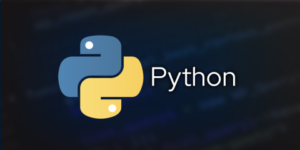
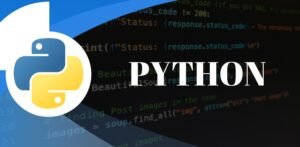
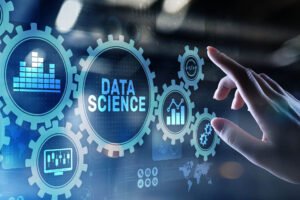
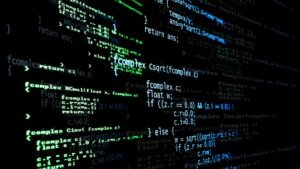
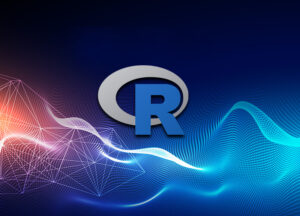
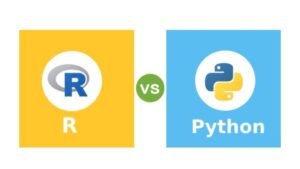
















One Response